Mass Arrests and Rising Tensions as Los Angeles Enforces Curfew Amid Immigration Crisis
- by Martin, LA, RNG247
- about 7 months ago
- 149 views
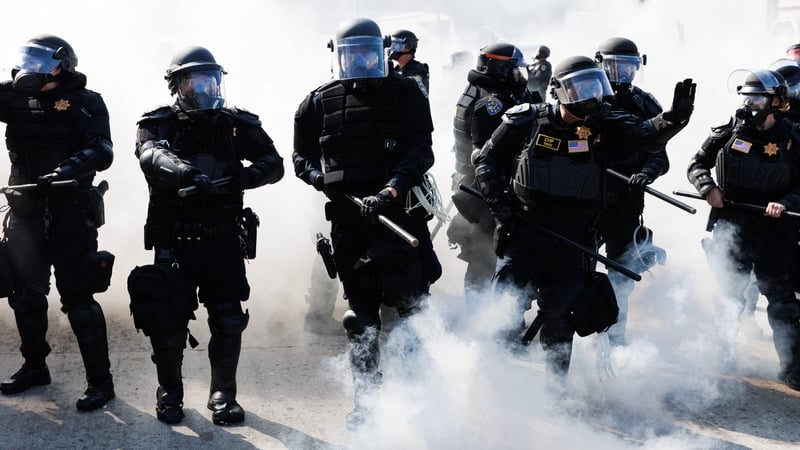
Los Angeles has erupted into chaos as authorities announced the enforcement of a strict overnight curfew following five days of unrest sparked by ongoing immigration raids. The LAPD reports the arrest of nearly 200 individuals on Tuesday alone, amid widespread protests and vandalism. Mayor Karen Bass justified the measure, citing damages to local businesses and a blatant escalation of violence in downtown LA.
The violent protests, fueled by federal immigration enforcement actions, have persisted since last Friday, with demonstrators rallying against what they describe as aggressive raids targeting Latino communities. The situation escalated further after President Donald Trump deployed around 4,700 military personnel—including National Guard troops and Marines—to the city in a controversial move that has sharply polarized political discourse.
Trump’s decision to send troops was defended by the president himself, claiming it was necessary to prevent the city from being "conquered by a foreign enemy." However, the troops' role is limited to protecting federal property and personnel, as they lack arrest powers. California Governor Gavin Newsom condemned the deployment, calling it "an assault" on democracy and warning that other states could be next in the administration's aggressive crackdown.
Late Tuesday, the mayor implemented a curfew from 8 p.m. to 6 a.m., covering an approximately one-square-mile section of downtown Los Angeles. Police moved through the area, using rubber bullets to disperse groups of protesters still congregating in violation of the order. Despite the crackdown, the LAPD acknowledged that multiple groups continued to gather late into the night.
"The imagery of widespread violence and vandalism gives a false impression that this is a city-wide crisis, but it is not," Police Chief Jim McDonnell emphasized. The police chief reported that among those arrested were primarily individuals failing to disperse during the protests.
While downtown was under lockdown, the rest of the city appeared unaffected; children attended school, streets were busy with traffic, and tourists strolled Hollywood Boulevard. LAPD officials stressed that the curfew was a temporary safety measure, not an attempt to silence dissent.
The unrest has also spilled into other cities across the United States. In Atlanta, riot police deployed tear gas against protesters who launched fireworks toward officers during a demonstration attended by hundreds. In New York, police arrested dozens for blocking traffic during marches into lower Manhattan. Meanwhile, Texas Governor Greg Abbott dispatched National Guard troops to San Antonio as immigration protests loom in the state.
In Los Angeles, the mayor reported that 23 businesses had been looted on Monday night, though she did not specify financial damages. The violence and disorder prompted Mayor Bass to criticize recent ICE raids in Latino neighborhoods, which she claims have provoked the protests. She called on the federal government to halt operations if peace is to be restored, emphasizing her hope that the violence will abate if immigration enforcement is scaled back.
In another controversial move, National Guard troops have actively assisted ICE agents with enforcement operations—an arrangement that has raised concerns about militarization and border agency jurisdiction. Marines are also safeguarding federal officials and property, though they do not hold arrest powers. The costs associated with military deployment in LA have been projected at approximately $134 million.
President Trump addressed the situation from North Carolina, calling the protests a "full-blown assault on peace and public order" and asserting his commitment to using "every asset at our disposal" to quell the violence. The president’s rhetoric has intensified, labeling protesters as "animals" and vowing to crush the unrest. During a speech at Fort Bragg, he urged troops to boo the names of California Governor Gavin Newsom and former President Joe Biden, further escalating political tensions.
Governor Newsom responded sharply, criticizing Trump's military deployment without local approval as a "brazen abuse of power." He warned that if the current approach continues, other states— and ultimately American democracy itself—could be under threat. Federal courts refused an emergency request from California to block the deployment, with a scheduled hearing set for Thursday.
Meanwhile, Trump has set an ambitious target of 3,000 arrests daily at the border, intensifying efforts for mass deportations as part of his re-election campaign. Despite the heightened enforcement, illegal crossings at the US-Mexico border remain at their lowest levels in recent history.
Public opinion appears divided but somewhat supportive of the president’s immigration policies. A recent CBS News/YouGov poll indicated that 54% of Americans approve of Trump's deportation efforts, with half endorsing his handling of immigration, though fewer support his approach to economic issues or inflation.
As Los Angeles continues to grapple with unrest, the broader national debate over immigration, immigration enforcement, and the use of military force remains at a fever pitch, underscoring a deeply divided country facing critical choices about law, order, and democracy.



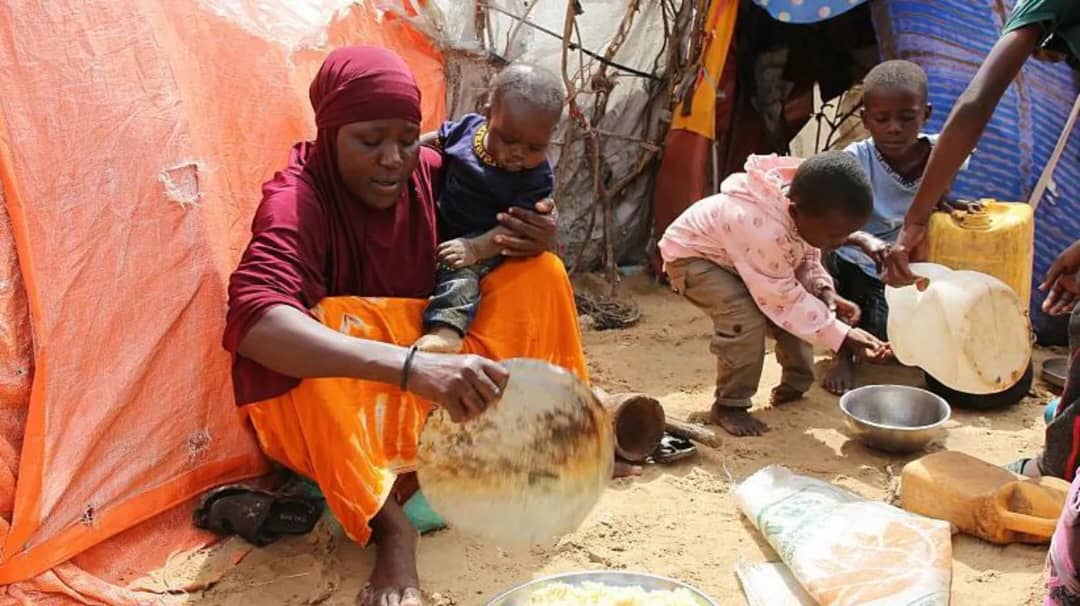
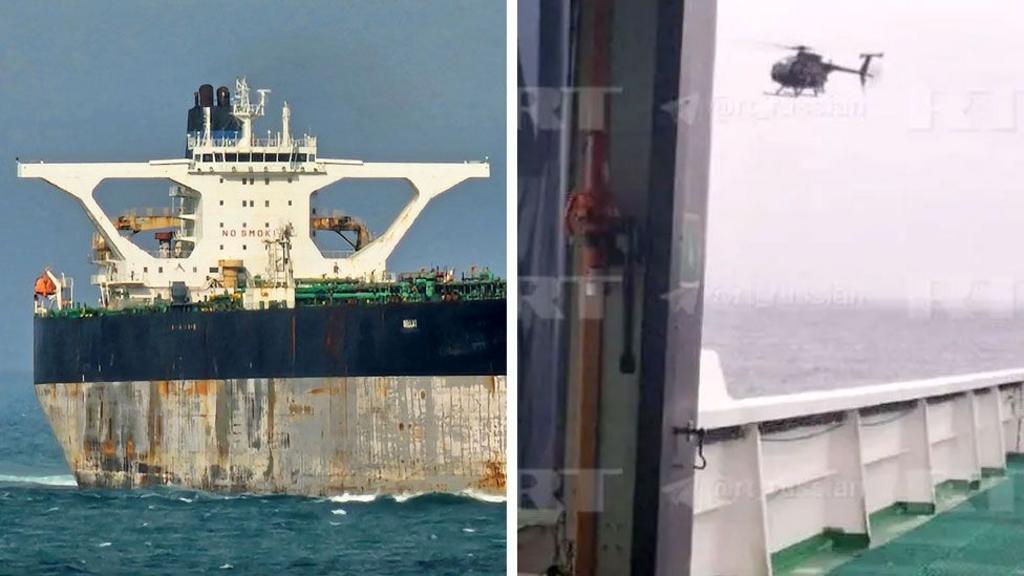
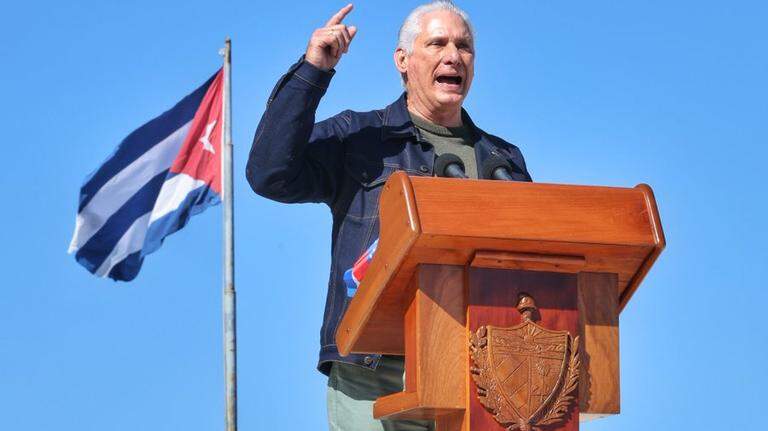
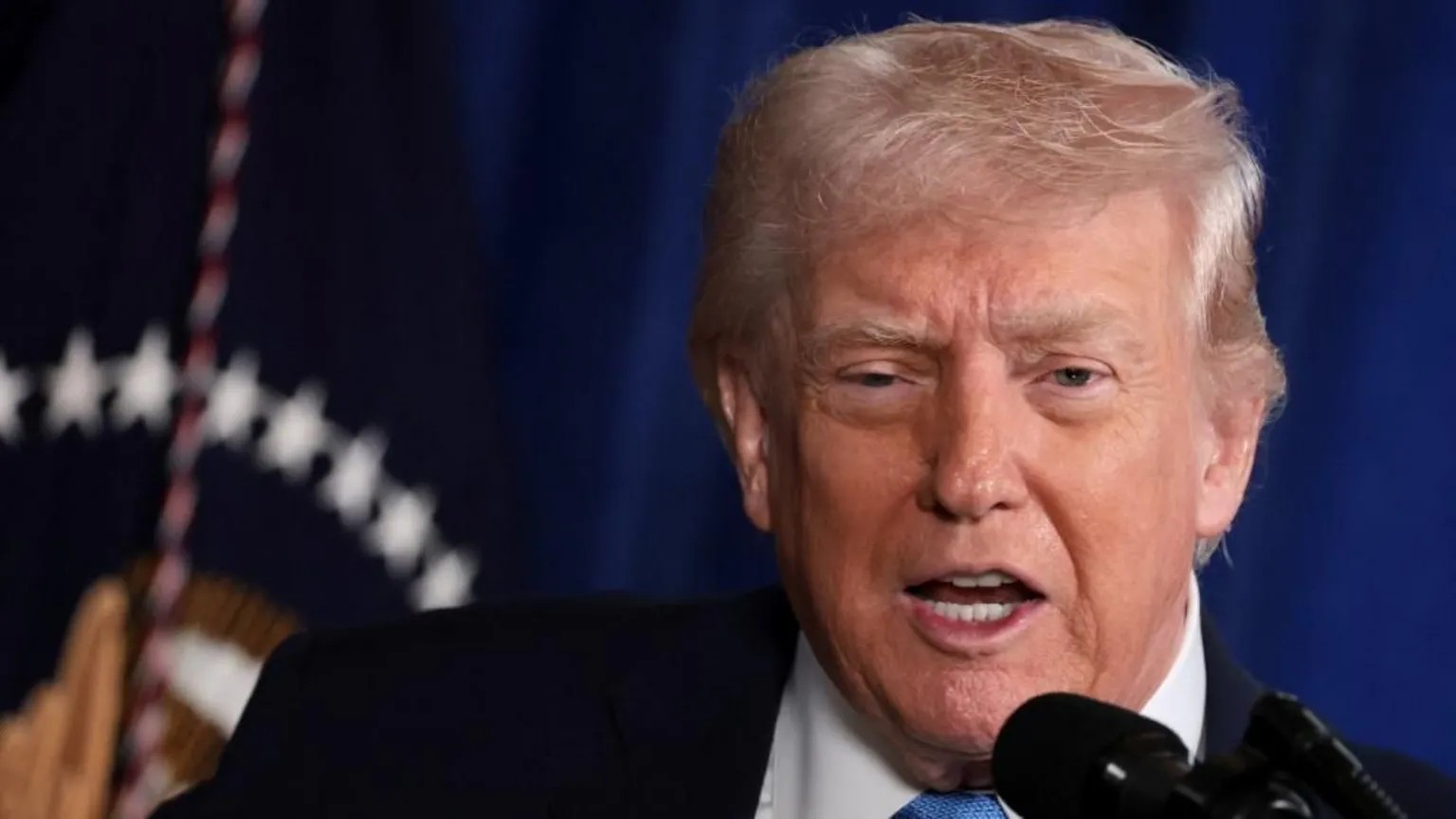
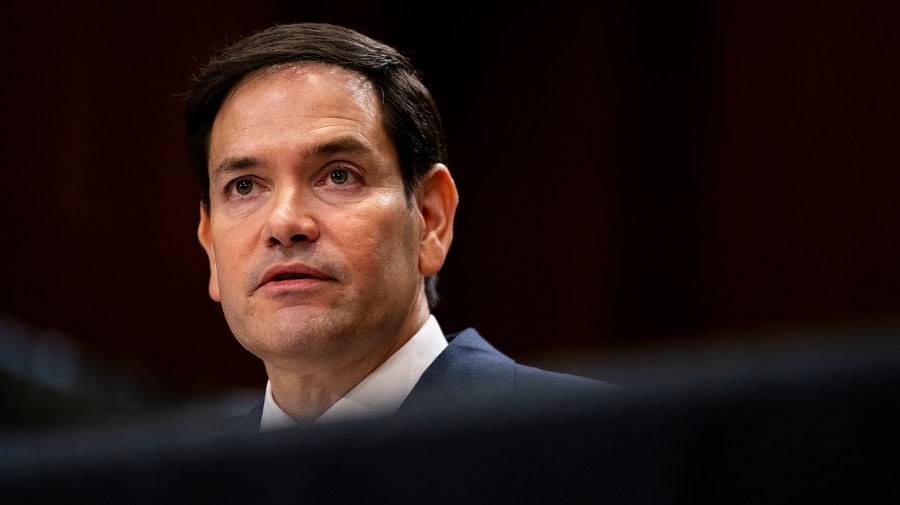
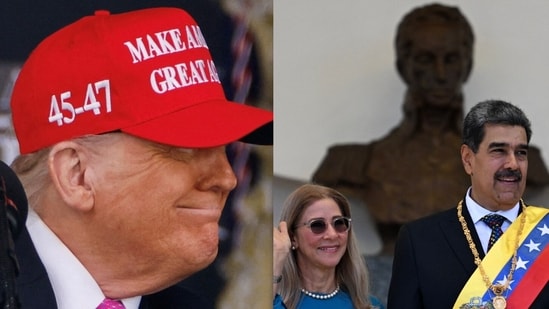
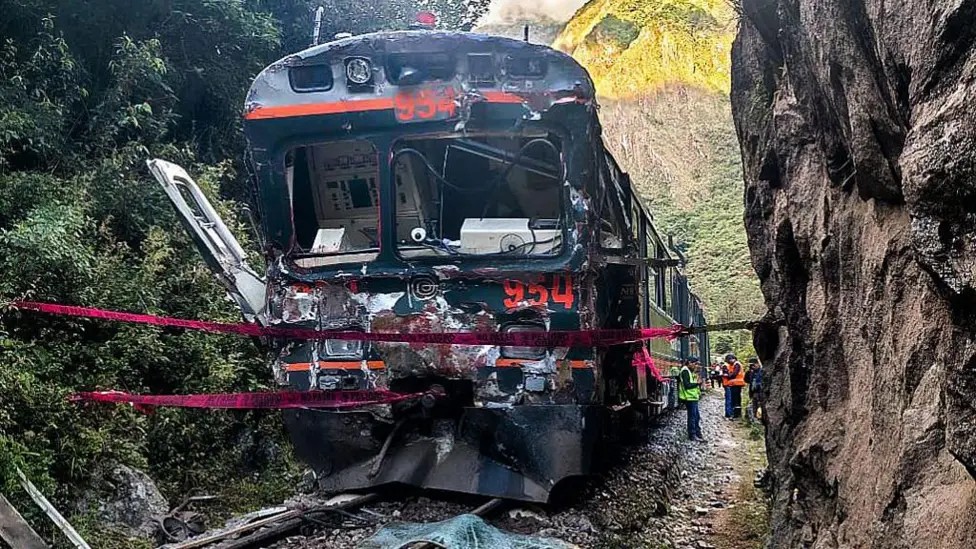
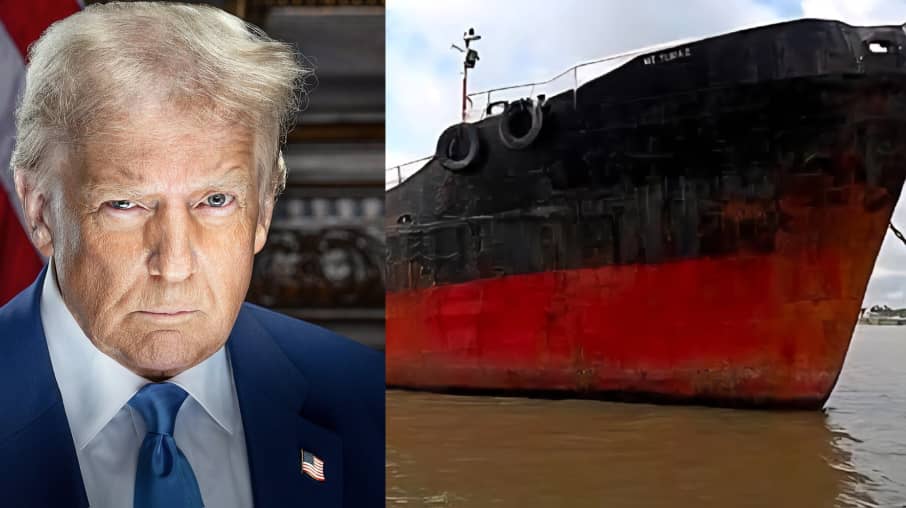
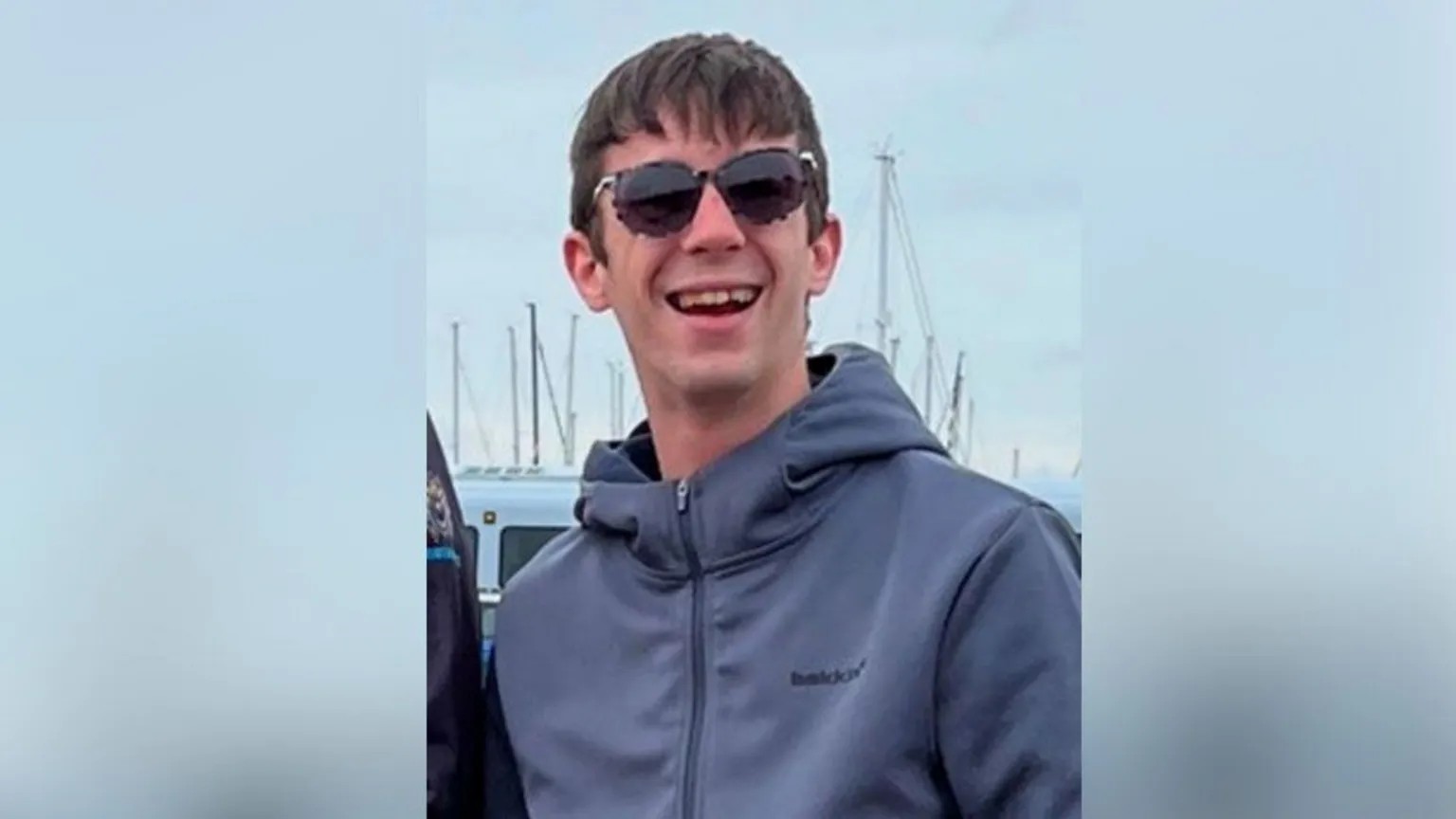

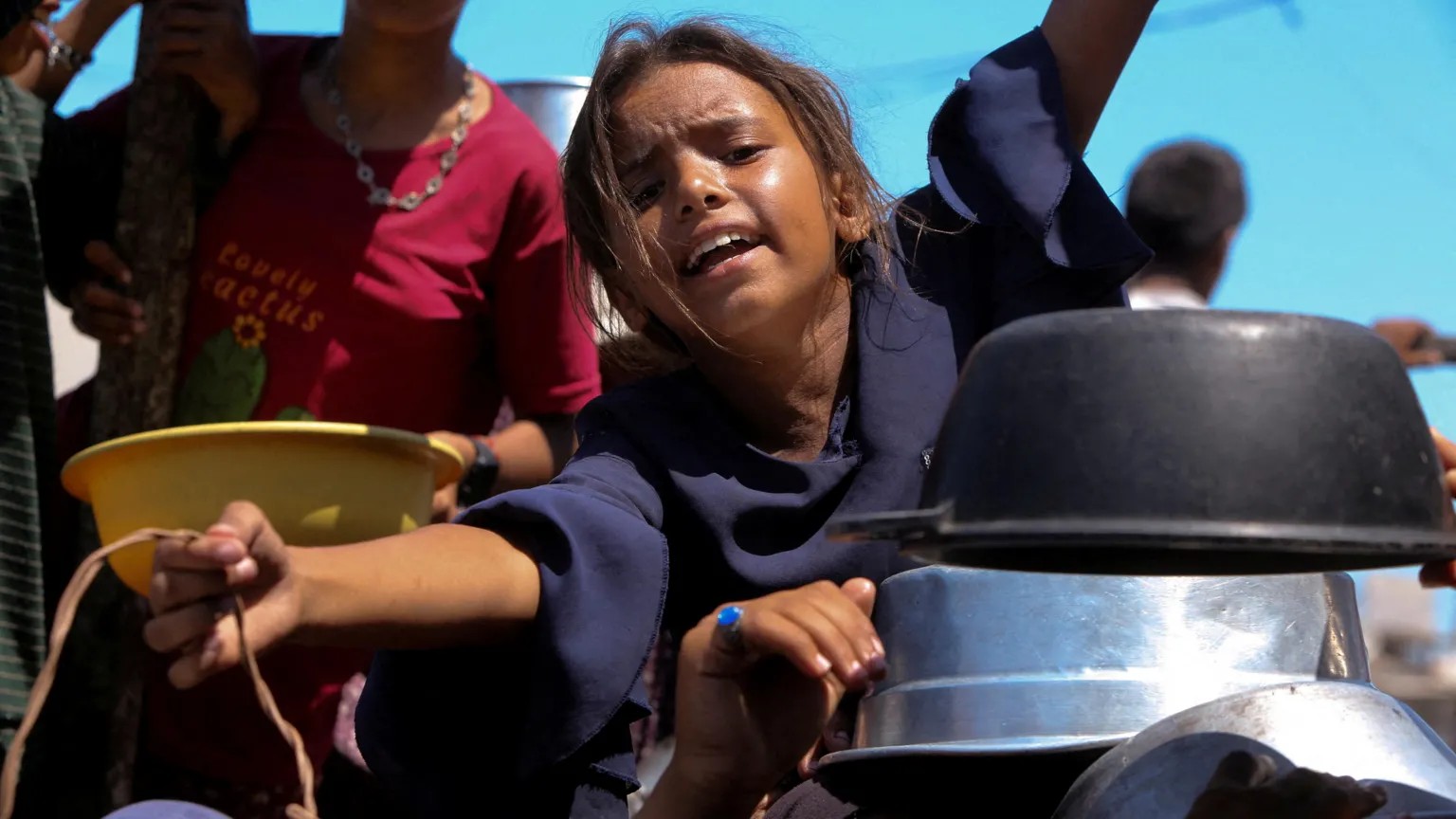
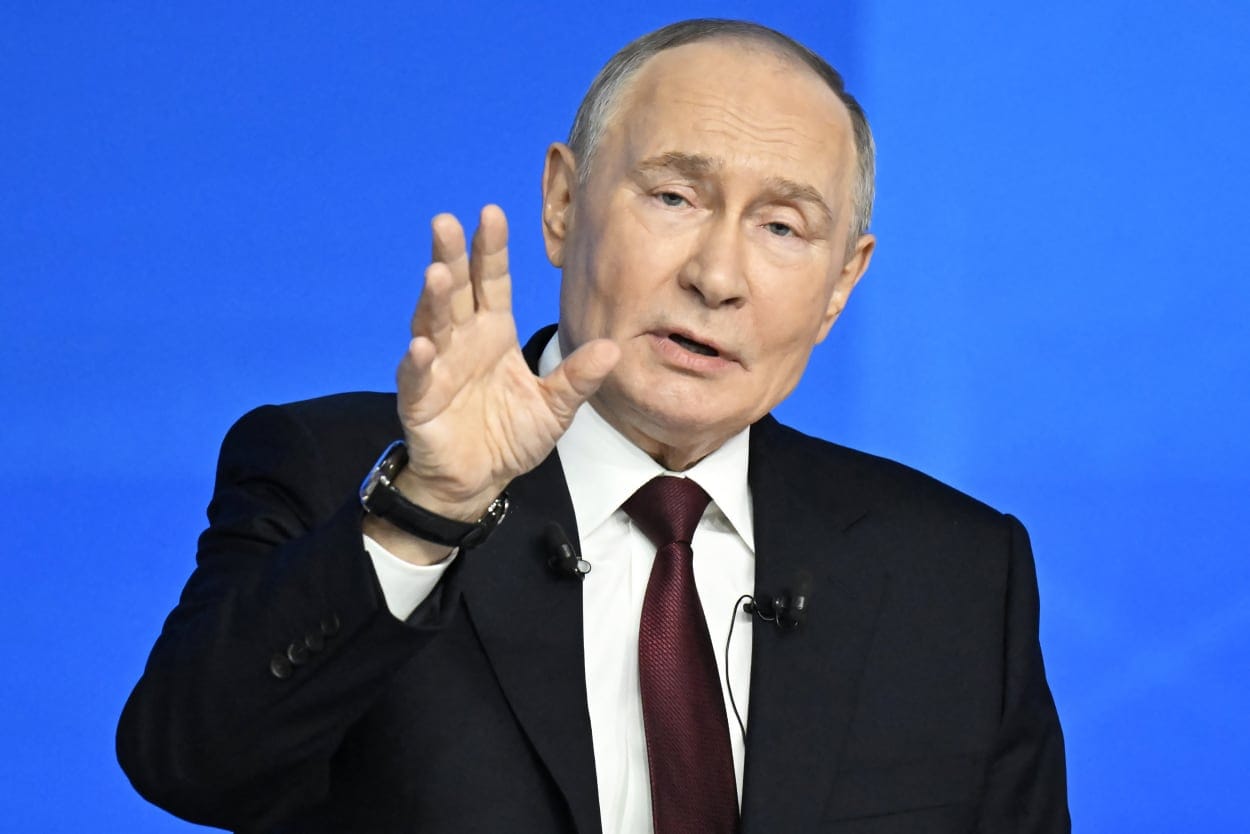

0 Comment(s)